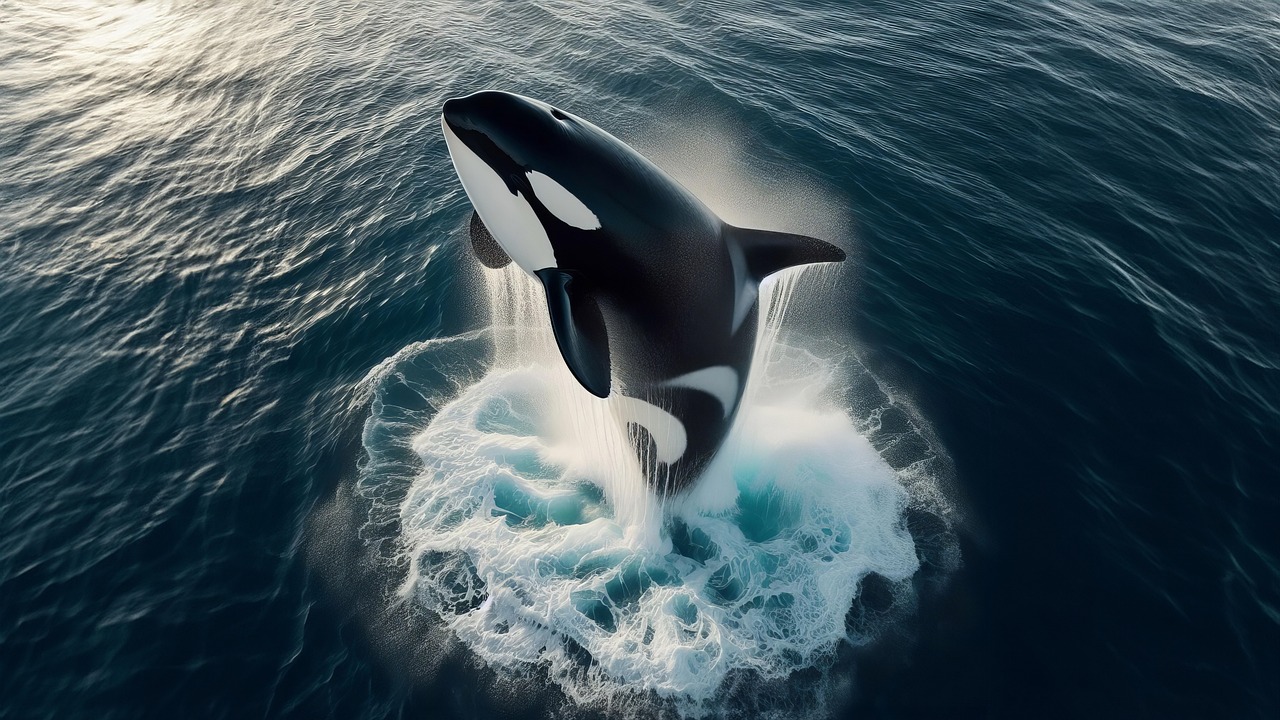New research provides compelling genetic evidence that killer whales actively prey on white sharks in Australian waters, challenging previous assumptions about predator-prey dynamics in marine ecosystems.
Key Points at a Glance:
- Scientists have confirmed killer whales prey on white sharks using genetic analysis.
- DNA traces from white sharks were found in orca stomach contents, providing the first direct evidence of predation.
- This discovery alters our understanding of apex predator interactions in marine environments.
- The findings have significant implications for marine conservation and white shark population dynamics.
A groundbreaking study published in Ecology and Evolution has provided the first direct genetic evidence that killer whales (orcas) actively hunt and consume white sharks in Australian waters. This discovery challenges long-standing views on oceanic predator hierarchies, revealing that even the formidable great white shark is not safe from predation.
Using advanced genetic techniques, researchers analyzed stomach contents and fecal samples from orcas, identifying DNA traces from white sharks. This confirms long-suspected interactions between these two apex predators but provides the first definitive proof of predation rather than mere scavenging.
Marine biologists have long observed instances of white sharks vacating areas when orcas arrive, but until now, there was little direct evidence to prove predation. The genetic findings demonstrate that orcas do not merely displace white sharks but actively hunt them. The implications of this discovery extend beyond mere scientific curiosity—understanding predator-prey relationships at the top of the food chain is essential for marine conservation and ecosystem balance.
Researchers also documented distinct hunting behaviors in killer whales, including targeting specific organs such as the liver, which is rich in nutrients. This selective feeding strategy has been observed in other parts of the world, but its confirmation in Australian waters highlights a global trend of orcas adapting their hunting strategies to exploit available prey efficiently.
The presence of killer whales as white shark predators could have cascading effects on shark populations, potentially influencing their behavior, migration patterns, and ecological roles. Conservationists emphasize the need for continued monitoring to assess how this dynamic may impact marine biodiversity and shark conservation efforts in the region.
These findings offer crucial insights into the evolutionary adaptability of apex predators and reinforce the importance of protecting diverse marine ecosystems. As ocean environments continue to change due to climate shifts and human activities, understanding predator interactions will play a vital role in shaping effective conservation policies.
